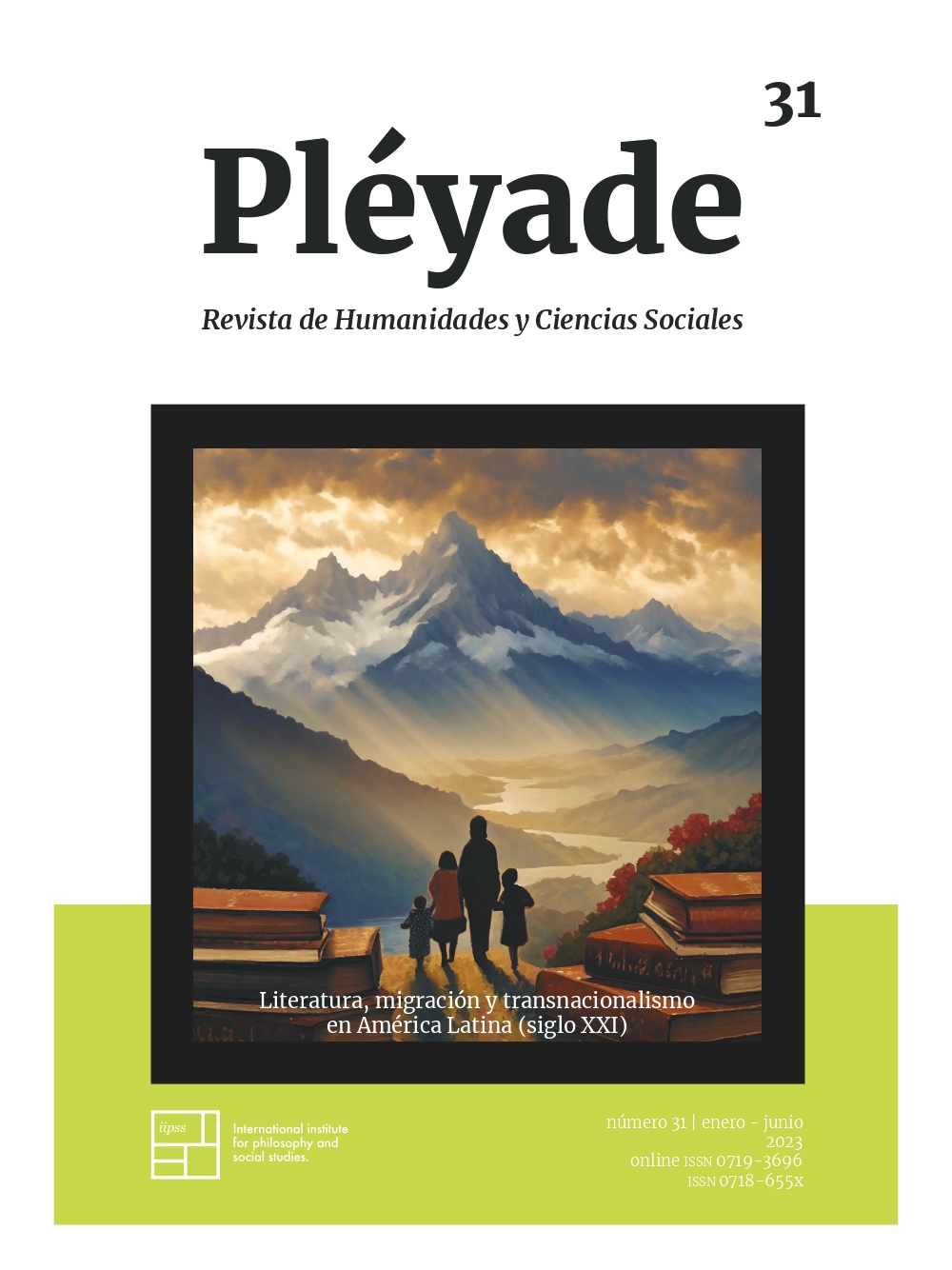Climate Change, Human Mobilities, and Octavia Butler's Parable Novels

Published 2023-07-30
Keywords
- refugee,
- climate change,
- migration,
- Octavia Butler,
- neoliberalism
How to Cite
Copyright (c) 2024 Maxwell Woods

This work is licensed under a Creative Commons Attribution-NonCommercial 4.0 International License.
Abstract
With the onset of global climate change and the human-induced alteration of ecosystems across the planet, the territories on which nations and communities rely are undergoing massive transformations. If the foundation of the nation-State is sovereignty over a fixed national territory, then climate change is a threat to the basis of our political reality: the nation-State. As a result, many expect that climate change will disrupt settled national existences, upend our current political reality, and produce new flows of human migration. As such, the relationship between migration and climate change is frequently understood in terms of security and how so-called ‘climate refugees’ will threaten political-economic stability. Recent science fiction emerging from the Americas, however, has imagined new forms of political agency emerging from the intersection of climate change and migration. In this presentation, I will demonstrate how Octavia Butler’s Parable novels imagine a new political agency based on the emerging figure of the climate refugee. Rather than trying to avoid a perceived migration crisis provoked by climate change (i.e., preserving the nation-State political system in the face of climate change), Butler develops a new climate change political agency based on the climate refugee.
